Artificial Intelligence (AI) can be a strategic partner for public health grant writing by significantly enhancing efficiency and effectiveness, and is part of a growing trend that is transforming many sectors, including healthcare.
Nightingale Notes by Champ Software is an EHR system dedicated to public health. At Champ Software, we’ve been exploring AI’s potential to complete public health grant applications. In part 1 of this blog series, we described experiments with AI for local public health grants. Those experiments yielded promising results, particularly in generating comprehensive and well-structured outlines for grant responses. In part 2, we discuss AI as a Strategic Partner in Grant Acquisition and AI as a Growing Trend.AI: A Strategic Partner in Grant Acquisition
AI offers a beacon of hope to local public health agencies, struggling with both limited time and funding, by significantly enhancing efficiency and effectiveness in grant writing. Here’s how:
Streamlined Research and Identification:
AI-powered tools can rapidly sift through vast databases of grant opportunities, analyzing funding patterns and identifying calls for proposals that perfectly align with an agency’s mission and programs. This drastically reduces the time spent on preliminary research, allowing agencies to focus on more relevant opportunities.Outline Generation and Content Drafting:
As our experience at Champ Software has shown, AI can be incredibly effective in creating initial outlines for grant applications. By entering relevant information about the public health program, its goals, target population, and desired outcomes, AI can generate a structured framework, complete with suggested headings and subheadings. This provides a strong starting point, saving countless hours of staring at a blank page. While the AI-generated content needs human review and refinement for accuracy, originality, and the agency’s unique voice, it significantly accelerates the drafting process. (Spark the Fire Grant Writing Classes)Enhanced Clarity and Coherence:
AI writing assistants can help refine language, ensuring clarity, conciseness, and persuasiveness in the grant narrative. They can suggest alternative phrasing, improve sentence structure, and even help in avoiding jargon, making the proposal more accessible and engaging for reviewers. (Spark the Fire Grant Writing Classes)Compliance and Formatting:
Grant applications often come with stringent compliance and formatting requirements. AI tools can assist in monitoring character and word counts, identifying missing sections, and ensuring adherence to specific guidelines, minimizing the risk of a proposal being disqualified on technicalities. (Spark the Fire Grant Writing Classes)Data Analysis and Insights:
Advanced AI algorithms can analyze internal and external data, identifying trends and insights that can strengthen a grant proposal’s justification and impact statements. This data-driven approach enhances the credibility and persuasiveness of the application. (fundsforNGOs)AI in Healthcare and Beyond: A Growing Trend
The adoption of AI is transforming various sectors, and healthcare is no exception. From enhancing diagnostics and optimizing care to predicting outcomes, AI’s potential is vast. In the realm of grant applications specifically, AI is proving to be a game-changer.
Research highlights the growing recognition of AI’s role in improving patient safety and healthcare delivery [Tighe et al., 2024]. While the immediate applications often focus on clinical data analysis and decision support, the underlying principles of AI – its ability to process large datasets, identify patterns, and generate coherent text – are directly transferable to administrative functions, like grant writing.
Studies have explored the use of AI in analyzing research proposals to identify those with the most societal impact, emphasizing AI’s potential for more objective and efficient evaluation processes [Danaher-Garcia, 2024]. This speaks to the increasing acceptance and integration of AI in the funding landscape, making it crucial for grant applicants to leverage its capabilities.
The Human Element Remains Key
It’s crucial to emphasize that AI is a tool, an “assistant,” not a replacement for human expertise and judgment. While AI can automate repetitive tasks and generate initial drafts, the heart of a successful grant application still lies in the human element. Public health professionals bring invaluable lived experience, deep understanding of community needs, and the authentic voice that resonates with funders. AI can help articulate that voice more effectively and efficiently, but it cannot create the passion and vision that truly drive impactful public health initiatives.
Looking Ahead
As local public health agencies grapple with budget challenges and strive to maintain essential services, AI offers a promising path to securing critical funding. By strategically integrating AI into the grant application process, agencies can enhance efficiency, improve proposal quality, and ultimately, ensure that individual, family, and community services continue to thrive, even in the face of adversity. The future of public health funding is increasingly intertwined with the intelligent application of AI, and organizations like Nightingale Notes are proud to be part of this transformative journey.

Citations:
-
- Danaher-Garcia, N. (2024, June 4). Using Artificial Intelligence to Decide Which Research is Worthy of Funding. MGH IHP. Retrieved from https://www.mghihp.edu/news-and-more/news/using-artificial-intelligence-decide-which-research-worthy-funding
-
- fundsforNGOs. (n.d.). How AI Is Revolutionizing Grant Proposal Writing in 2025. Retrieved from https://www.fundsforngos.org/how-to-write-a-proposal/how-ai-is-revolutionizing-grant-proposal-writing-in-2025/
-
- Spark the Fire Grant Writing Classes. (n.d.). Using AI for Grant Proposals. Retrieved from https://sparkthefiregrantwriting.com/blog/tag/Using+AI+for+Grant+Proposals
-
- Tighe, P., Gale, B. M., & Mossburg, S. E. (2024, March 27). Artificial Intelligence and Patient Safety: Promise and Challenges. PSNet. Retrieved from https://psnet.ahrq.gov/perspective/artificial-intelligence-and-patient-safety-promise-and-challenges
